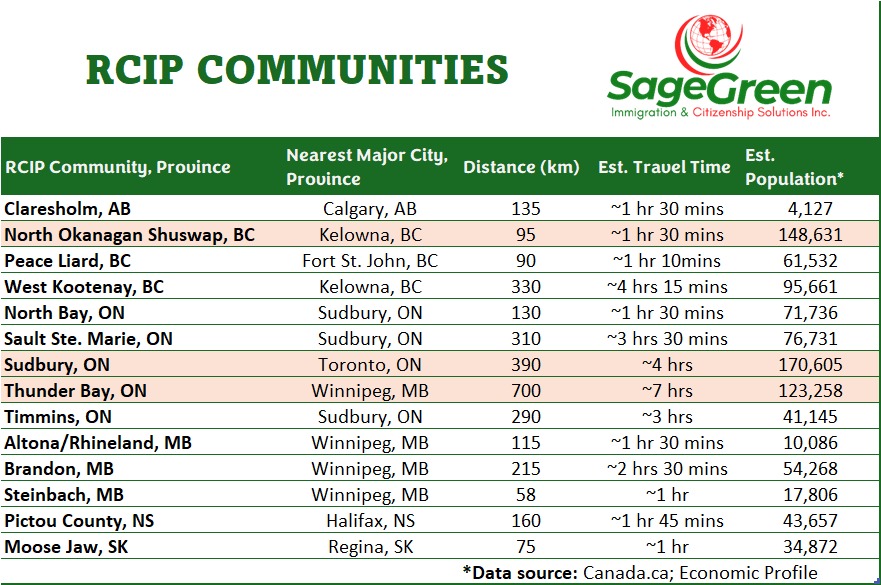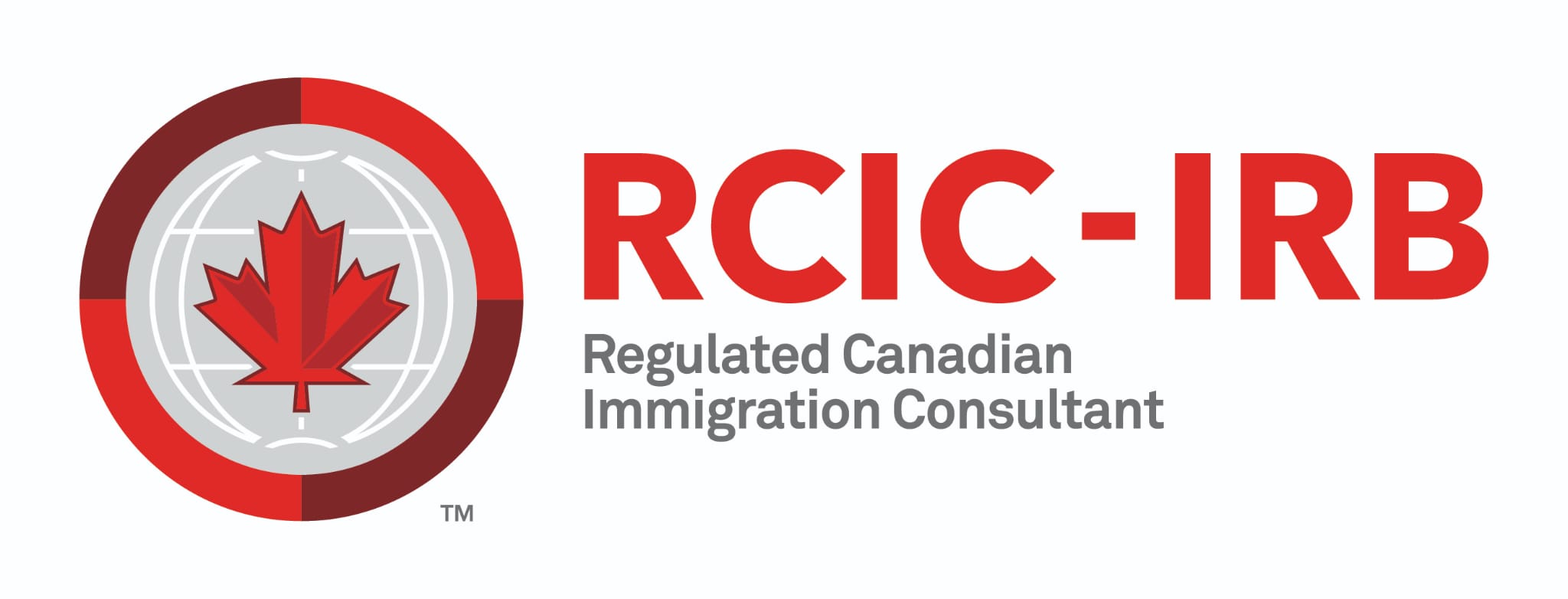
The Atlantic Immigration Program (AIP) was launched as a pilot in 2017 and became a permanent program in 2022. It provides a vital pathway to permanent residency for skilled workers and international graduates in Atlantic Canada, including New Brunswick, Nova Scotia, Prince Edward Island, and Newfoundland and Labrador.
Similar to the Rural Communities Immigration Pilot(RCIP), AIP is employer-driven. Applicants need a valid job offer from a designated employer, a settlement plan, and a provincial endorsement before applying for permanent residency through Immigration, Refugees and Citizenship Canada (IRCC). The program offers advantages such as streamlined processing, family inclusion, and employer-supported settlement in the region.
To be eligible, applicants must meet specific work, education, language, and settlement fund requirements. More details are available on the IRCC AIP page: IRCC AIP Eligibility
2025 Updates: What Has Changed?
1. Federal Allocation Cuts Across Atlantic Canada
In line with Canada’s 2025-2027 Immigration Levels Plan, total AIP spots have been reduced from 6,500 in 2024 to 5,000 in 2025. For instance, Nova Scotia’s allocation dropped from 2,730 to 1,365.
2. New Settlement Fund Thresholds
As of July 29, 2025, IRCC raised the minimum settlement fund requirements. For a single applicant, the amount increased from $3,672 in 2024 to $3,815 in 2025. Families will see proportional increases.
3. Provincial-Level Changes and Sector Restrictions
New Brunswick
New Brunswick closed AIP intake early, reaching its cap of 1,250 endorsement spots by April 4, 2025. No new applications or employer designations will be accepted for the rest of the year, though applications received before this date will still be processed.
Prince Edward Island
PEI continues to accept AIP applications, but only for jobs in healthcare, construction, and manufacturing due to high demand and reduced federal slots.
Nova Scotia
Applications are being processed for most occupations with a priority for people already living and working in Nova Scotia.
Newfoundland and Labrador
AIP remains open without restrictions, focusing on endorsements tied to rural job offers. The province has already sent out several invitations in early 2025.
Broader Impacts and Insights
Labor Market Strain: Industries such as construction, hospitality, and healthcare face worsening labor shortages due to federal cuts. The construction sector has called the reductions short-sighted.
Concerns Over Fairness: Some observers have reported improper practices like purchasing job offers for AIP or PNP eligibility, particularly in the food service sector.
Retention Challenge: Atlantic Canada has historically struggled to retain immigrants compared with provinces like Ontario and Quebec, even with programs like AIP and employer-supported settlement.
What This Means for Applicants in 2025
New Brunswick applicants need to consider alternative PNP pathways or apply in another Atlantic province.
For PEI, Nova Scotia, and Newfoundland and Labrador, ensure your occupation aligns with eligible sectors and verify provincial requirements.
Update settlement fund estimates to meet 2025 thresholds.
Explore strategic alternatives if your occupation is not prioritized, including Express Entry, other PNPs, or pilot programs.
Stay informed as policies may continue to change; always check up-to-date provincial information.
Final Thoughts
Despite allocation cuts and stricter eligibility, AIP remains a valuable pathway to permanent residency, particularly for applicants in high-demand sectors who can navigate provincial restrictions. Applicants should monitor intake statuses, meet updated financial requirements, and consider fallback options as needed.
Would you like guidance on alternate immigration streams?






